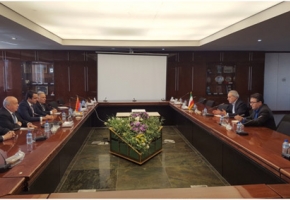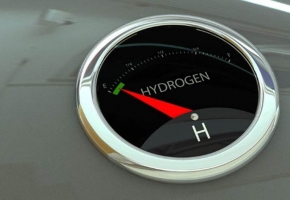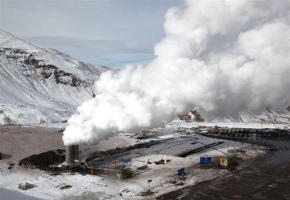The Persian plateau served as hub for Homo sapiens after the main out of Africa dispersal

Around 70,000 years ago, our species Homo sapiens walked out of Africa and began to find new homes around the world. What happened next? Well, hidden clues can be found in our genes, according to a new study.
By looking at ancient and modern DNA, a new study has pinpointed an area surrounding modern day Iran as an important "hub" for humans who departed Africa tens of thousands of years ago.
"A team of geneticists, environmental scientists and archaeologists got together to look at a very big question in human evolution," said Michael Petraglia, an archaeologist from Griffith University and one of the authors of the paper. "We looked at the timing of the movement of Homo sapiens out of Africa and concluded that Iran and the Persian Plateau played a very big role in that."
Retracing the steps of humans that long ago isn't easy, but scientists' best guess is the "Out of Africa" model. This theory suggests human expansion across the world started around 70,000 years ago, when people in Africa spread outwards towards Europe, Asia, Australia, and the Americas.
This may have happened a few other times over the past 200,000 years, but each time the groups either perished, or eventually moved back. But once ancient humans started their final journey out of Africa, their movements into the Middle East were difficult to decipher.
The groups would eventually migrate across all of Europe and Asia – or Eurasia – but not for another 15,000 to 25,000 years."Eurasia was highly populated after 45,000 years ago. But there was a question as to where populations were before 45,000 years ago, and that's what this paper is about," Professor Petraglia said.
Unfortunately, while these studies are thorough, they're still circumstantial. To confirm the results, the researchers need to find ancient human remains in the area – which is much easier said than done.
Source: Nature







